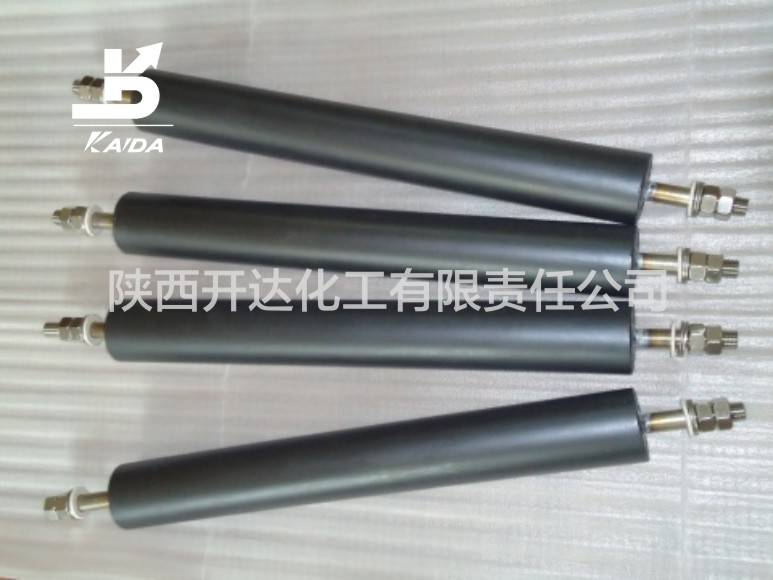Ruthenium-iridium dimension stable anode
Disinfection of domestic water
CAS No.
Category: Ruthenium-iridium dimension stable anode
parameters | value |
|---|---|
Water treatment has the problem of sterilization. At present, the common method of chlorination and oxidation disinfection is by adding chlorine or chloride to water. However, it was found that chlorination would lead to the production of three carcinogenic, teratogenic and mutagenic substances in drinking water. The treatment methods developed in recent years, such as ultraviolet, ozone, ultrasonic, magnetization, and static electricity, have not been widely used because of the complex equipment, small treatment water flow, or high treatment costs. Electrolysis is popular as a kind of sterilization water treatment technology with good sterilization effect, strong practicability and no secondary pollution. Hypochlorous acid generation by chlor-alkali process has been widely used. According to this method, an electric current is passed through an electrolytic cell containing sodium chloride (NaCl) solution, the anode generates chlorine (Cl-) ions, and the cathode generates hydroxide (OH+) ion electrolytic units, which eventually produce substances including chloride ions, hydrogen ions and hypochlorous acid. The generated chloride ions, hypochlorous acid, etc. are strong oxidants and have no strong killing effect on microorganisms.

